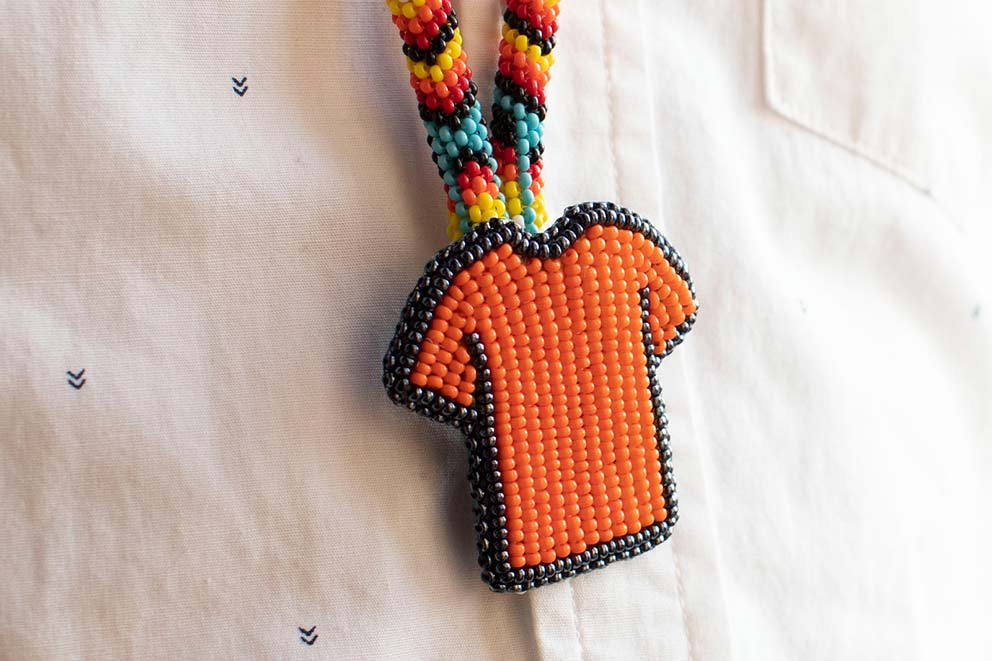September 29, 2025

Every Child Matters - this simple yet powerful truth lies at the heart of the National Day for Truth and Reconciliation on September 30.
Also known as Orange Shirt Day, it is a time for Canadians to pause, reflect and learn about the history and legacy of the residential school system.
This day is an opportunity to honour the resilience of survivors and intergenerational survivors, to remember the children who never returned home, and to acknowledge the enduring impacts of residential schools on Indigenous communities across the country.
Honouring this day can take many forms. Whether it’s wearing an orange shirt, attending a community event, listening to survivors’ stories, or taking time for personal reflection, each action contributes to a greater understanding and acknowledgment of Canada’s history.
It is also a time for open dialogue about the path forward.
Moving Forward Together
The National Day for Truth and Reconciliation is not only about the past but also about the present and future - how we choose to live, work and walk together in mutual respect and partnership.
At Energy Alberta, we are committed to advancing reconciliation through our actions, our relationships and our values. On this day, and every day, we acknowledge the truths of Canada’s history and recommit ourselves to building a future built on trust and shared prosperity.
Energy Alberta’s Commitment to Reconciliation
We know that reconciliation requires ongoing action. Our Indigenous Relations Policy guides our efforts to build respectful, enduring relationships with Indigenous Nations and communities.
Our approach is shaped by five key commitments:
These commitments reflect our responsibility to support Indigenous self-determination and sustainable development, while contributing to reconciliation in a meaningful way.
A Time to Reflect and Engage
For those wishing to deepen their learning, the National Centre for Truth and Reconciliation is an invaluable resource, safeguarding the truths of survivors and providing opportunities for dialogue and education.
You can also learn more about Indigenous Peoples, cultures and histories through resources provided by the Government of Canada and the Government of Alberta.
Learn more:
Photo credit to the Government of Canada